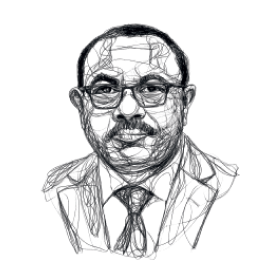Unity, resilience and resolve
AGRA, now representing an evolved organization, has transitioned from the 'Green Revolution' to a sustainable transformation of Africa's food systems. In 2022, alongside our partners, including the Partnership for the Inclusive Agriculture Transformation in Africa (PIATA), we strategized for the upcoming five years, emphasizing collaboration. Informed by the UN Food Systems Summit, our priorities encompass holistic, inclusive, and equitable food systems.
With enhanced technical functions, we emphasize climate action, youth, and gender-positive initiatives, seeking innovative, sustainable agricultural solutions. We acknowledge the challenges faced due to climate change, pandemic vulnerabilities, and economic downturns. Thus, we're investing in resilient farming systems and focusing on climate-centric solutions. Despite these strategic shifts, we remained active, partnering to empower Africa's agricultural sector. Our vision for the future centers on thriving farmers and transformative agricultural systems.
Introduction



